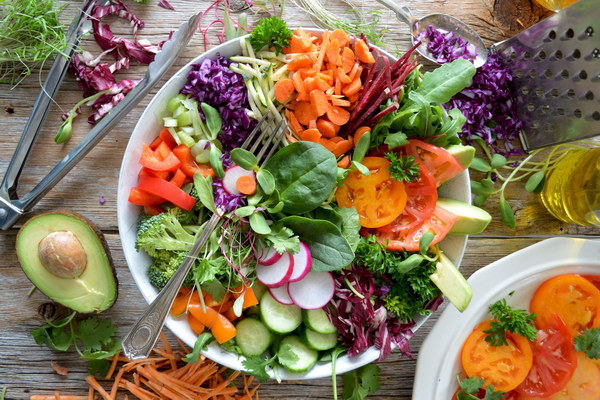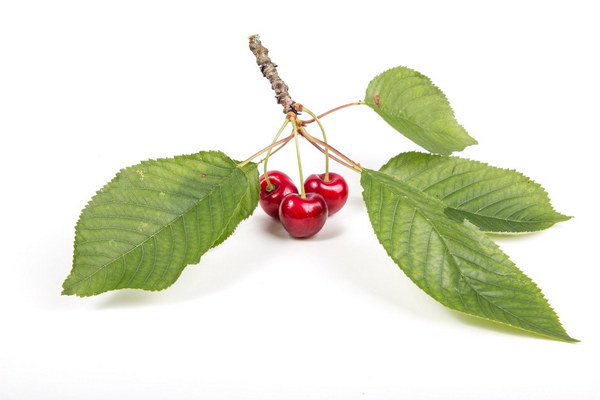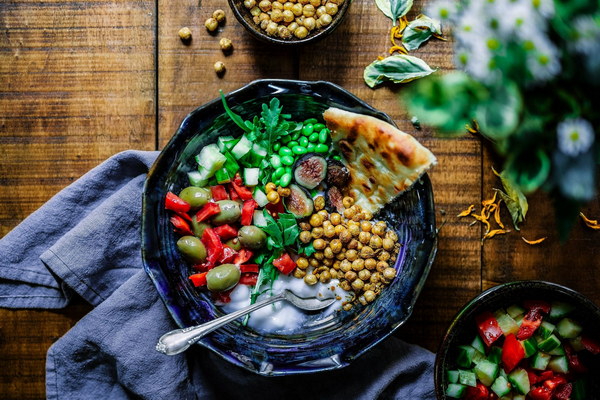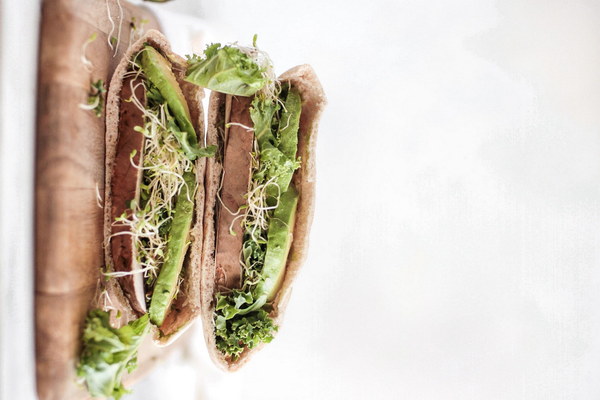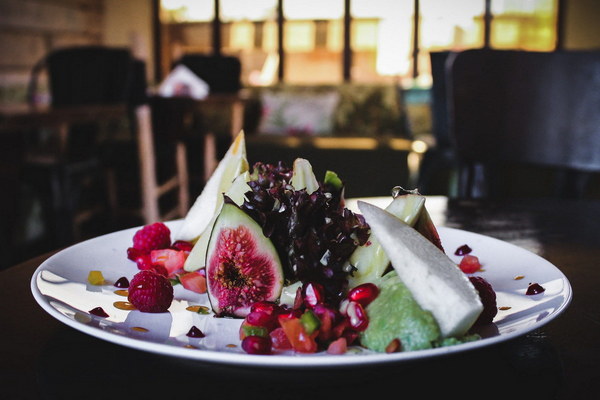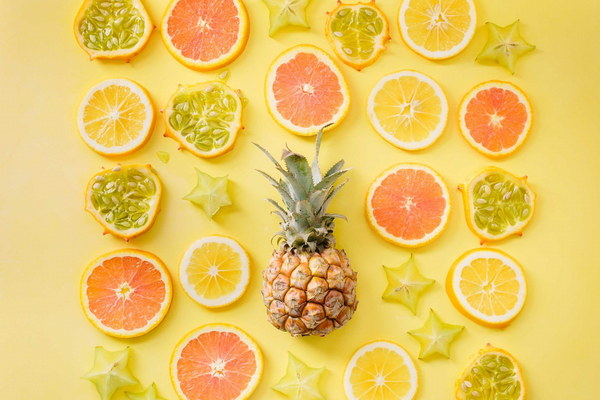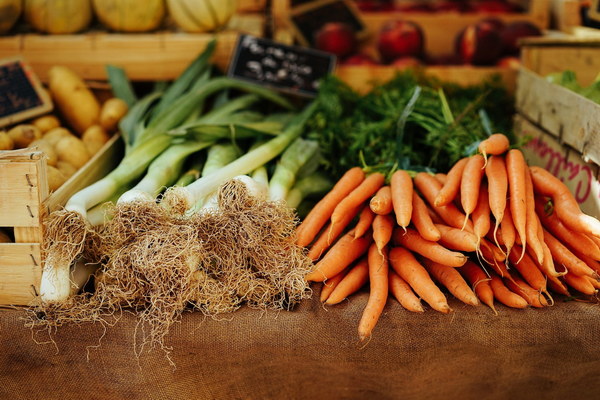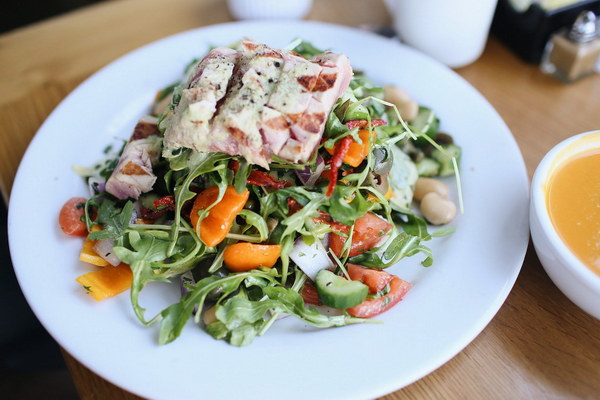Traditional Chinese Medicines for Elderly Enhancing Qi and Blood in the Aged
In traditional Chinese medicine (TCM), the concept of Qi (vital energy) and Blood is fundamental in maintaining health and longevity. As the body ages, it is believed that the levels of Qi and Blood can decline, leading to various health issues. Therefore, it is essential for the elderly to replenish and boost their Qi and Blood. This article will explore some of the most commonly used traditional Chinese medicines that can help enhance Qi and Blood in the aged.
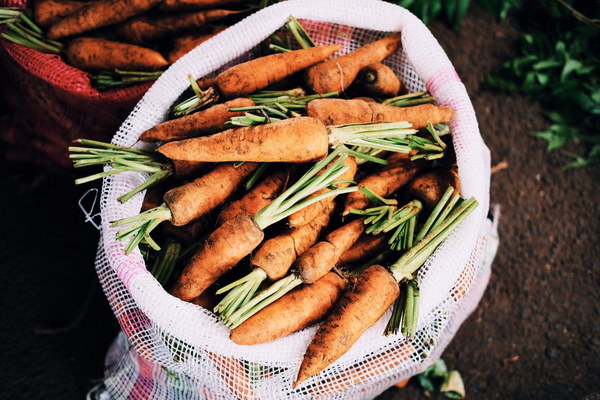
1. Ginseng (Panax ginseng)
Ginseng is one of the most well-known traditional Chinese medicines. It is considered a superior herb that can boost the immune system, improve cognitive function, and enhance overall vitality. In TCM, ginseng is believed to tonify Qi and Blood, making it an excellent choice for elderly individuals looking to improve their energy levels and well-being.
2. Astragalus (Astragalus membranaceus)
Astragalus is another valuable herb in TCM that is often used to boost Qi and improve immune function. It is believed to strengthen the body's defense against pathogens and support the cardiovascular system. In addition, astragalus can help regulate blood pressure and improve blood circulation, making it beneficial for elderly individuals with circulatory issues.
3. Goji Berries (Lycium barbarum)
Goji berries are a popular superfood that is also used in TCM. They are believed to enhance Qi, nourish Blood, and improve vision. Goji berries are rich in antioxidants and contain essential nutrients, such as vitamins A, C, and E, which can help combat aging and support overall health.
4. Chinese Wolfberry (Fructus Lycii)
Chinese wolfberry is another fruit used in TCM to boost Qi and Blood. It is believed to improve fertility, enhance immune function, and promote longevity. Chinese wolfberry is also rich in antioxidants, which can help protect the body against oxidative stress and support healthy aging.
5. Rehmannia (Rehmannia glutinosa)
Rehmannia is a commonly used herb in TCM that is believed to nourish Yin and Blood, making it a great choice for elderly individuals with yin deficiency. It can help alleviate symptoms such as night sweats, hot flashes, and weakness. Rehmannia is often combined with other herbs to create personalized formulas for the aged.
6. Codonopsis (Codonopsis pilosula)
Codonopsis is an adaptogenic herb that is believed to boost Qi and improve overall vitality. It is often used in TCM to support the immune system and enhance energy levels. Codonopsis can be taken as a tea or added to soups and stews to benefit the elderly.
7. Chinese Angelica (Angelica sinensis)
Chinese angelica is a popular herb used to nourish Blood and regulate menstrual cycles. It is also believed to help alleviate pain and improve blood circulation. Chinese angelica can be used to treat anemia and support cardiovascular health in the elderly.
When using traditional Chinese medicines, it is crucial to consult with a qualified TCM practitioner, as each individual's health condition is unique. The practitioner can recommend the appropriate herbs and dosages based on the individual's specific needs. Additionally, it is essential to monitor the patient's progress and adjust the treatment plan accordingly.
In conclusion, traditional Chinese medicines offer a natural and holistic approach to enhancing Qi and Blood in the elderly. By incorporating these herbs into their daily routine, elderly individuals can potentially improve their overall health and well-being. Always seek professional guidance when considering TCM treatments, and remember that these remedies should complement, rather than replace, conventional medical care.
